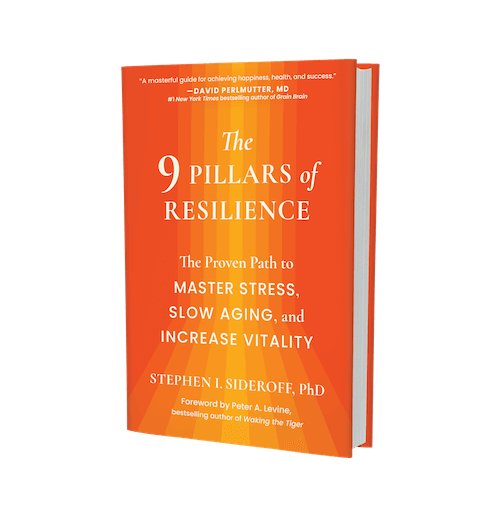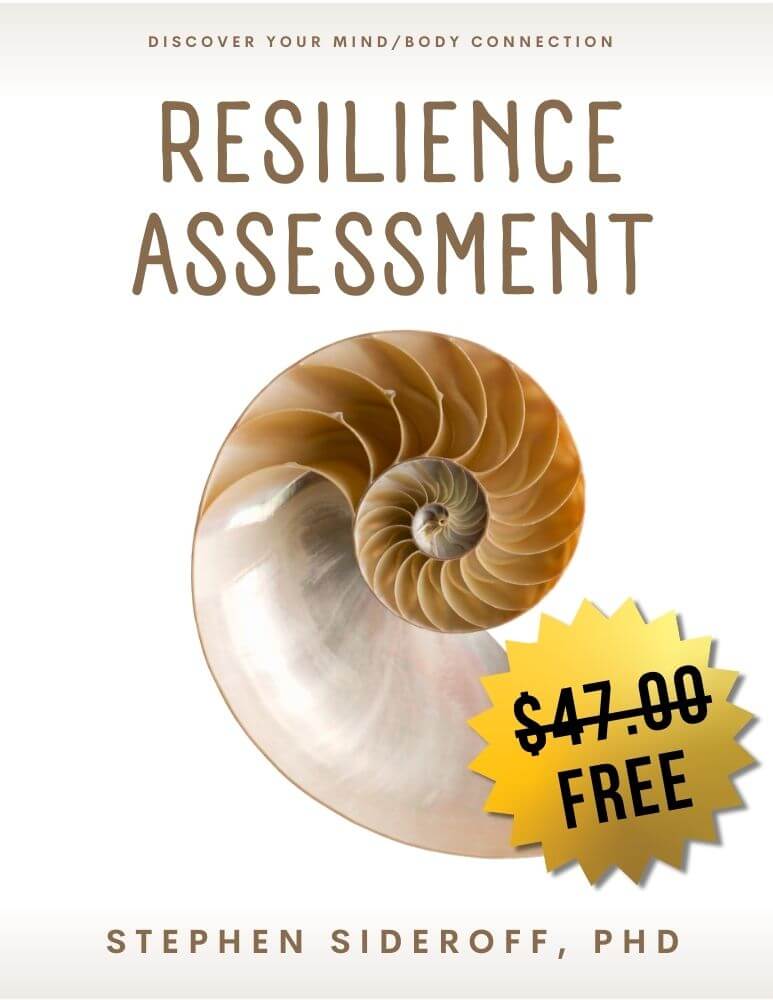How you choose to “meet” the world can impact your health, joy, and success.
How much of your day is engaged in things you’d rather not be doing? Or worse, worry or shrink from doing and procrastinate doing? For many, this doesn’t appear to be a choice. It’s just the way you are and the way you think, and perhaps the way you see the world.
Your approach to life is something learned a long time ago, during your childhood. It was learned as part of your adaptation to that environment and was a way of surviving. Those early survival lessons built out the neural networks of your brain. That was the scaffolding from which all subsequent learning has been hung. And even though that environment that you adapted to doesn’t translate very well to the world of today, you probably believe you are stuck with it.
To the extent that your childhood environment was dangerous or filled with judgments and criticism from primary caregivers (even if it wasn’t intentional or directed toward you), is the extent that you reacted, by trying to shrink from the place where you meet that difficult outside world—what is referred to as the “contact boundary.” If the environment presents any negativity or emotional pain, the natural tendency is to shy away from it. Unfortunately, as this approach to life gets reinforced and conditioned and built out in your brain circuitry, it has a number of consequences deriving from this bias and automatic reaction.
I find that most life approaches boil down to two choices—constricting and shying away from contact, as I just described, or embracing and moving into contact. We can refer to these different approaches as your “mindset.” Let’s follow these two approaches and how they shape your day’s experience.
How do you start your day?
You awaken and your mind goes to what can go wrong, what problem might arise, or how you might be judged in any of your encounters that day. This mindset will activate your stress response, releasing cortisol and adrenaline while causing muscle bracing; and ultimately greater inflammation. All this before breakfast. Your “mind/body” will want to either stay in bed, or look to distractions, or actions that are familiar. It will make it more difficult to engage in new successful behaviors, which are those that help you move into new territory in your life.
The keys to embracing your day that enhance your resilience
The other way of starting your day that can lead to better health and success is to embrace your day and your life. While there is a strong pull to old habits and to follow in existing footsteps, the other powerful force we can access is neuroplasticity, the ability of our brain and our neural circuitry to adapt and learn. While this path might be more uncomfortable in the short term, it will result in greater comfort and joy in the long term. Here is a step-by-step process for greater health and success through the engagement of your brain’s neuroplasticity:
- Make the decision that you want to determine how your day unfolds, how you feel during your day, and the direction you want your life to take. Making a decision—making this decision—begins to pull you out of the stickiness of being a victim in your life.
- Recognize that if you are going to take any action, you have a choice of attitude by which you engage in that behavior. And you can choose the attitude that will better support your success. For example, if I have a business meeting, the attitude that will work better is one in which I value myself and what I have to offer. Choosing to focus on the positive outcome can help you manage your stress response and be more focused. If you worry about being judged, it will create tension and the tendency to shrink from the contact boundary. You will thus project different energy that will be picked up by the other person.
- Make a decision to embrace the positive approach through the following self-statement: “I know I need to take this action—or meet this person, or write this proposal, etc.—I accept it. (Rather than resist.) I might as well choose the attitude that will yield the best result. So, even though it’s a bit scary, and uncomfortable I will embrace this and experience it as an opportunity for growth.”
- No matter the outcome, appreciate yourself for taking this positive approach and already consider it a success, and find a positive way to frame the results of your actions.
- If the result is not what you were trying to achieve, find a way to use the result as important information and a learning experience that’s part of the path to getting better at what you do. This puts a positive frame on the experience.
- How you remember and take in your experiences is very important. Many people who get a positive result will still focus on how stressful or worrisome an experience was. The next time, they will be just as frightened because they remember the stress, not the success. Identify a positive framework to hold a memory of your experience.

